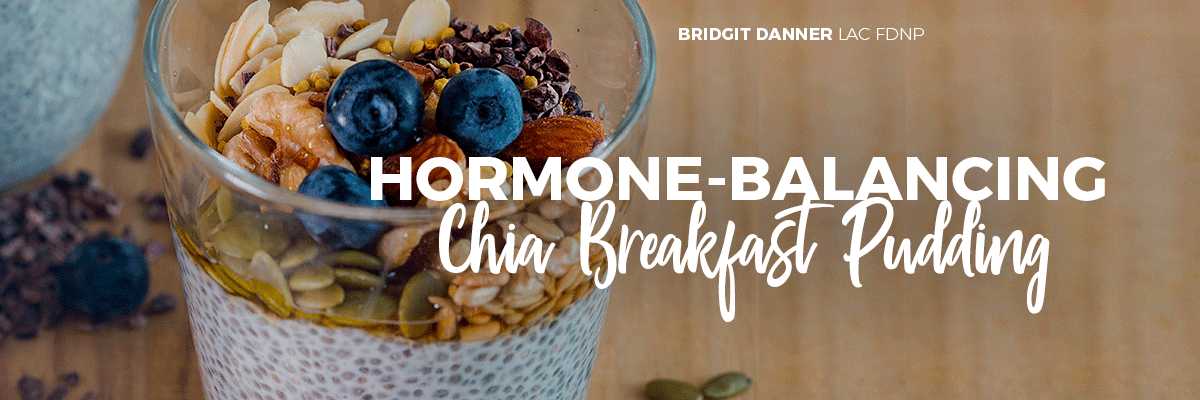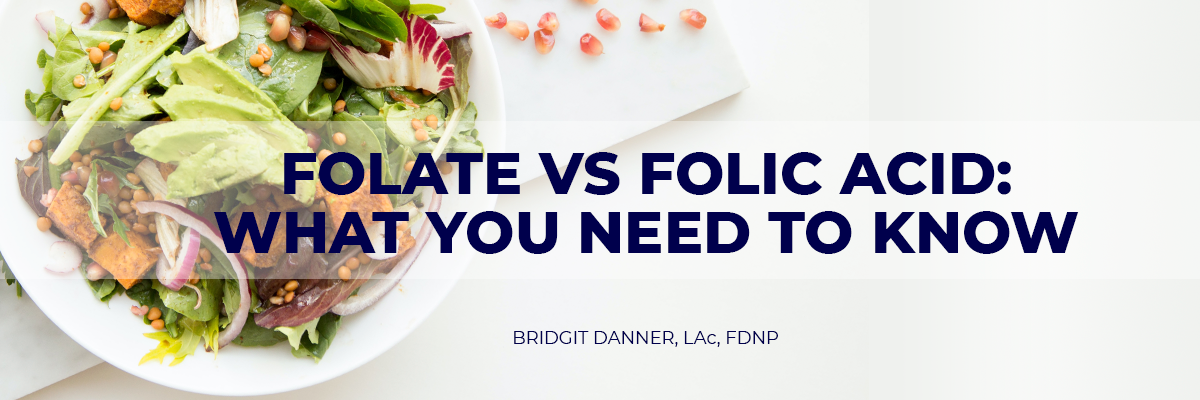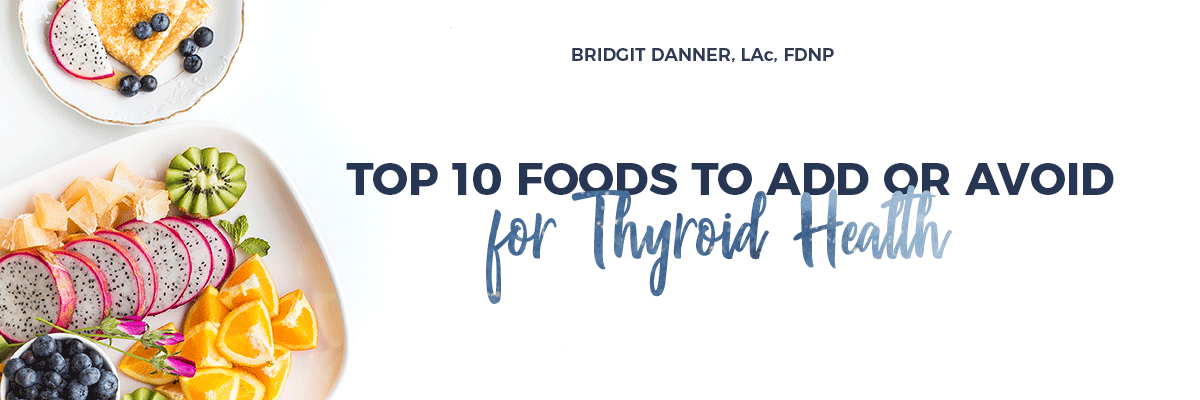3 Hormonal Imbalance Patterns That Can Lead to Weight Gain
Feel like no matter how healthy you eat or how religiously you exercise, you just can’t lose weight?
If you feel like you’re doing everything right but are still frustrated with weight gain, hormones may be to blame. There’s a huge connection between hormonal imbalance and weight gain.
In this article, we’ll explore the causes and symptoms of three hormonal weight gain patterns. Pay close attention if one rings true for you.
Hormonal Imbalance and Weight Gain: Three Patterns to Watch For
Hormones are often compared to a seesaw. When they’re in balance, all is well. But when they get too high or too low, things can get chaotic.
Here are three different hormonal weight gain causes:
Hormonal Weight Gain Pattern 1: High Cortisol and High Blood Sugar
Cortisol, your main stress hormone, is released via your sympathetic nervous system. Cortisol is best known for triggering your body’s “fight or flight” response.
During “fight or flight,” cortisol floods your body with glucose. This glucose is delivered to the large muscles of your body, supplying immediate energy to run from danger. But to do this, cortisol must inhibit insulin production to prevent glucose from being stored.
So you run from the bear, find safety, your cortisol goes back down, and insulin production picks back up.
But not so fast...
Here’s the problem -- living in our fast-paced, stress-to-the-max world often causes your body to pump out cortisol constantly.
And the result of constant high cortisol? High blood sugar and decreased insulin resistance. (1) This is exactly why high cortisol levels can lead to weight gain.
Symptoms of High Cortisol Hormonal Imbalance
High cortisol is often associated with that “tired but wired” feeling. But here are some other symptoms to watch out for: (2)
Weight gain, usually around the face, chest, and abdomen
Extreme fatigue
Decreased immunity
Anxiety, irritability, & depression
Difficulty concentrating
Headache
High blood pressure
Bruising easily
Muscle weakness
Acne
Thinning skin
Skin darkening
Hormonal Weight Gain Pattern 2: High Estrogen and Poor Detox
Next up? Estrogen. When your estrogen seesaw gets off balance, you can end up with a case of estrogen dominance. And one of the common symptoms of estrogen dominance? You guessed it...weight gain.
Estrogen dominance means that there’s an imbalance between your estrogen and progesterone levels. It can be due to:
Normal levels of estrogen, but low levels of progesterone
High levels of estrogen, but normal levels of progesterone
Estrogen dominance can be caused by many factors, including:
Perimenopause
Hormone replacement therapy
Certain medications (such as oral contraceptives and some antibiotics)
Exposure to xenoestrogens (such as BPA and phthalates)
High body fat (fat produces estrogen)
Genetics
Stress
Poor liver detox
Poor gut health
Let’s dig into the detox piece of this. Your liver not only escorts harmful toxins from your body, but it also removes excess estrogen. But if you’ve got a sluggish liver due to toxic mold, chronic infections, or toxin overload, your liver gets a traffic jam.
When your liver is overburdened, it can’t remove excess estrogen and it ends up recirculating. The same is true for your gut.
Your microbiome has a special department in charge of regulating estrogen called the estrobolome. (3) Your estrobolome breaks estrogen down and then decides whether it gets excreted or reabsorbed.
But if you’re suffering from gut dysbiosis, your estrobolome suffers and cannot do its job. Your estrogen balance gets thrown off and you start having symptoms. (4, 5)
Symptoms of High Estrogen Hormonal Imbalance:
Weight gain
Storing fat around hips, thighs, and stomach
Weight loss resistance
Bloating
PMS
Mood swings
Depression
Anxiety
Memory issues
Heavy periods
Irregular menstrual cycles
Low libido
Fatigue
Breast tenderness
Hormonal Weight Gain Pattern 3: Low Thyroid and Slow Metabolism
Your thyroid is a butterfly-shaped gland in your neck. Its main function? Regulating your metabolism. This means when your thyroid slows down, so does your metabolism. (6)
Low levels of thyroid hormone can eventually lead to conditions like hypothyroidism or Hashimoto’s thyroiditis. (7)
Your thyroid is the hub of all hormone communication between your brain, adrenals, and your ovaries. Low thyroid scrambles that communication between your sex hormones, stress hormones, neurotransmitters, and energy metabolism.
In addition, when your body’s thyroid hormone levels are low, it affects your liver’s ability to remove excess estrogen, leading to estrogen dominance.
That’s right -- when your thyroid is off, it can lead to a double whammy.
Symptoms of Low Thyroid Hormonal Imbalance:
Weight gain
Difficulty losing weight
Fatigue
Anxiety
Digestive issues
Sore muscles & joints
Losing hair
Feeling cold
Goiter
Which Hormonal Imbalance Is Interfering with Your Weight?
Did any of the patterns above ring true for you? Or do you feel like you have symptoms of all three?
That’s more common than you’d think!
Say you start with high cortisol, but that chronic “fight or flight” impairs your gut, causing estrogen dominance.
Or your thyroid imbalance triggers an elevation in cortisol, which then interferes with your estrogen. (8) You get the idea...
One hormonal imbalance can cause a domino effect of more. And toxic mold exposure puts you at risk of all three.
While many write off weight gain as just part of “getting old,” it doesn’t have to be. Once you identify which hormones are out of whack, you can treat the imbalance -- and restore harmony to your body and your weight.
Think You Have Hormone Induced Weight Gain? Get Tested and Get Answers
Hormonal weight gain is totally treatable with simple tweaks to your food, supplements, and habits. But to effectively treat a hormone imbalance (or multiple imbalances), it’s important to have a solid baseline.
Here are two amazing options for gaining hormone clarity:
The DUTCH Complete Hormone Test
The Dried Urine Test for Complete Hormones (DUTCH) provides a comprehensive picture of your unique body. The DUTCH panel tests for:
Estrogen
Progesterone
Testosterone
DHEA
Cortisol
Melatonin
Some vitamins
Neurotransmitters
Oxidative stress markers
You will have the option to get your results reviewed with our custom consultation with one of our experienced coaches Bridgit and Micki. They’ll review your results and create a hormone-balancing treatment plan targeted to your unique needs.
Root Cause Testing Package (Formerly “Big Three” )
Suspect you may have more than one hormonal imbalance? Then the “Big Three” test package is your answer.
The “Big Three” test provides a clear snapshot of your overall body function and includes:
A complete thyroid health panel
The “Big Three” package can uncover if chronic gut issues are interfering with your body’s ability to process hormones.
You will have the option to get your results reviewed with our custom consultation. You’ll get an individualized treatment plan with food and supplement recommendations designed to bring your body back into balance.
Order yours here.
Note: We no longer offer the Big Three package, but you can purchase the individual tests via our labs storefront. For a Thyroid test, please email us at help@bridgitdanner.com
Bridgit Danner, LAc, FDNP, is trained in functional health coaching and has worked with thousands of women over her career since 2004. She is the founder of Women’s Wellness Collaborative llc and FunctionalDetoxProducts.com.
Check out her easy 5-Day DIY Detox Guide here!













If you have a blender and fresh basil leaves on hand, making homemade pesto is surprisingly easy. The flavor is brighter and fresher than store-bought pesto, and you can adapt the ingredients to suit your diet and preferences. This recipe includes raw pumpkin seeds to make it seed-cycling-friendly.